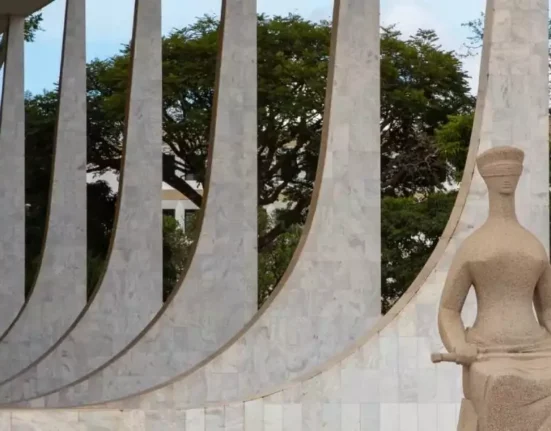Venezuela, a nation embroiled in economic turmoil, is facing the repercussions of stringent sanctions imposed by foreign governments. With the economy in shambles and hyperinflation wreaking havoc on its currency, the country has resorted to cracking down on black market currency trading as a desperate measure to stabilize its financial system.
Sanctions Impacting Venezuela
The once-prosperous nation has been grappling with a severe economic crisis exacerbated by international sanctions aimed at pressuring the government to address issues of corruption and human rights abuses. These sanctions have severely restricted Venezuela’s ability to conduct global financial transactions and have led to a scarcity of foreign currency reserves.
As a result, Venezuelans have turned to the black market for dollars as a means of accessing much-needed foreign exchange. This underground economy, while providing some relief for individuals and businesses struggling to procure dollars through official channels, has also fueled inflation and further destabilized the country’s already fragile financial situation.
Government Response: Crackdown on Black Market
In response to this growing reliance on black market dollar trading, Venezuelan authorities have intensified efforts to crack down on illegal currency exchanges. Raids have been conducted on street vendors and informal money changers suspected of engaging in illicit dollar transactions.
By targeting these underground operations, the government aims to curb inflationary pressures and regain control over the country’s monetary policy. However, critics argue that such crackdowns only drive these activities further underground, making them harder to monitor and regulate effectively.
Expert Insights: The Challenges Ahead
Economists warn that while cracking down on the black market may offer short-term relief by slowing down inflation rates, it does little to address the root causes of Venezuela’s economic woes. The systemic issues plaguing the country – from widespread corruption to mismanagement of resources – require comprehensive structural reforms that go beyond mere enforcement actions against informal currency traders.
Furthermore, experts caution that without measures to boost domestic production and attract foreign investment, Venezuela will continue to face an uphill battle in stabilizing its economy and restoring confidence in its financial institutions.
The Human Cost: Impact on Citizens
Amidst these economic challenges and government crackdowns, ordinary Venezuelans are bearing the brunt of this turmoil. Accessing basic necessities has become increasingly difficult as prices soar and unemployment rates remain high. The uncertainty surrounding the future of Venezuela’s economy has left many citizens anxious about their livelihoods and overall well-being.
As Venezuela navigates through these turbulent times, finding a sustainable solution that addresses both immediate financial concerns and long-term economic stability remains paramount. The road ahead is fraught with obstacles, but with strategic planning and inclusive policies that prioritize the welfare of its people, there is hope for a brighter future for this South American nation.









Leave feedback about this